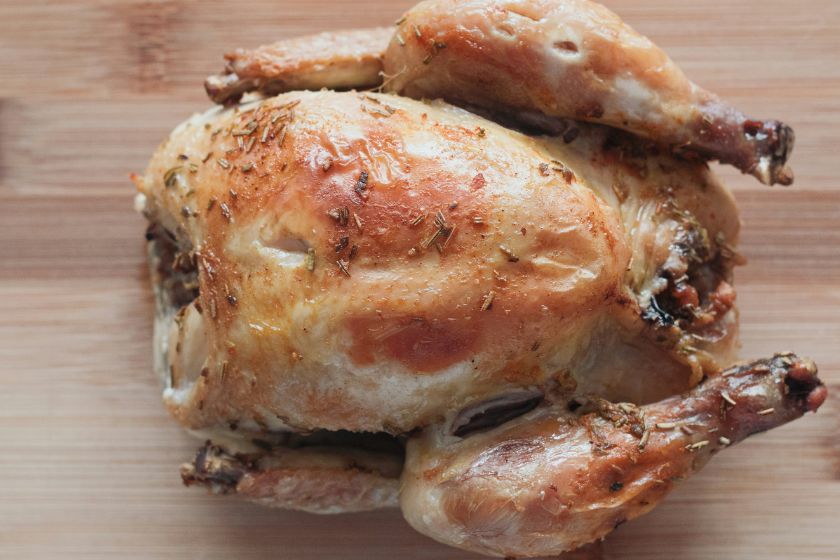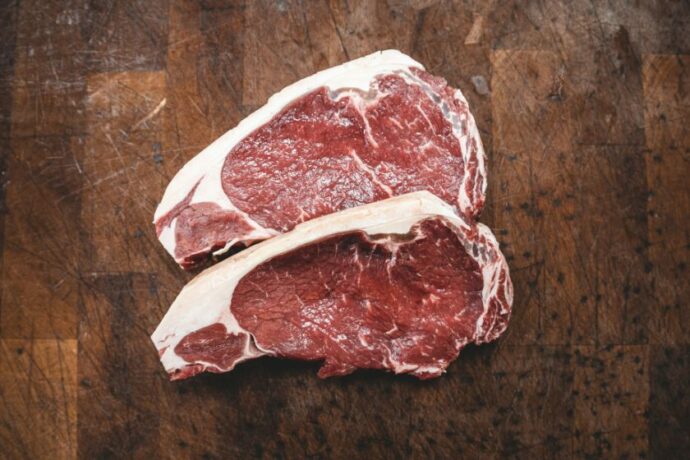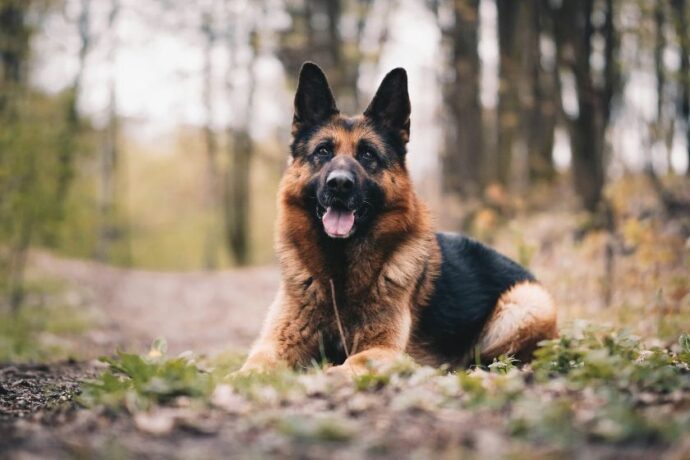
The Do’s and Don’ts of Feeding Turkey to Your Dog
Turkey is a popular protein source in many human diets, but if you’re wondering if it’s good for dogs,you’re not alone. This question is particularly common during the holiday season or when you’re exploring nutritious additions to your dog’s diet. The short answer is yes, dogs can eat turkey, but there are important guidelines to follow to ensure it’s both safe and beneficial. In this article, we’ll break down the pros and cons of turkey for dogs, the benefits of ground turkey, and the safe ways to feed it to your canine friend.
Is Turkey Good for Dogs?
Turkey can be an excellent protein source for dogs, but not all turkey is created equal when it comes to nutrition. Plain, unseasoned turkey meat offers lean protein that supports muscle health, boosts energy, and contains nutrients like B vitamins, zinc, and phosphorus. These nutrients contribute to your dog’s overall health, from a shiny coat to a strong immune system.
However, when feeding turkey to your dog, it’s crucial to stick with plain, unseasoned, and well-cooked turkey meat. Seasonings, butter, oils, and rich gravies can be harmful, potentially leading to gastrointestinal issues, pancreatitis, or even toxicity if certain ingredients (like onions or garlic) are included.
The Benefits of Turkey for Dogs
Turkey is widely recognized as a nutritious option for dogs, and here’s why:
- It’s a lean protein: Turkey is lower in fat than some other meats, making it an excellent option for dogs that need to maintain a healthy weight or have sensitive stomachs.
- It’s high in essential nutrients: Turkey is packed with B vitamins, which support energy production and aid in cell health. It also contains essential minerals like selenium and zinc, which help support immune function.
- It’s a versatile meat source: Turkey can easily be included in a balanced diet or given as an occasional treat, provided you prepare it properly. It’s also a good alternative for dogs who may have allergies to more common proteins like chicken.
Can Dogs Eat Ground Turkey?
Ground turkey can be a great choice for dogs, especially when it’s plain and unseasoned. In fact, ground turkey for dogs is often recommended by veterinarians as part of a bland diet when dogs are recovering from stomach upset. The mild nature of ground turkey makes it gentle on their digestive systems, and its high protein content supports muscle maintenance and recovery.
Tips for Feeding Ground Turkey to Your Dog
- Cook Thoroughly: Always cook ground turkey before serving it to your dog. Raw meat can contain harmful bacteria like Salmonella, which poses a health risk to both dogs and humans.
- Avoid Seasonings and Oils: Stick with plain, unseasoned ground turkey. Additives like salt, garlic, and onions can be toxic to dogs.
- Moderation is Key: While turkey is beneficial, feeding too much at once can cause an upset stomach. A few tablespoons mixed into your dog’s regular food is usually sufficient for a small or medium-sized dog.
How to Safely Prepare Turkey for Dogs
If you want to feed turkey to your dog, follow these steps to ensure it’s safe and healthy:
- Remove Skin and Bones: Turkey skin is high in fat, which can lead to pancreatitis, especially in dogs prone to weight gain or those with sensitive stomachs. Bones can splinter and pose choking hazards or cause internal injuries.
- Stick with White Meat: Turkey breast is lower in fat than dark meat, making it a safer choice for most dogs.
- Cook Thoroughly: Undercooked turkey can contain bacteria. Make sure the meat is fully cooked to an internal temperature of 165°F to kill any potential pathogens.
- Serve in Small Portions: Turkey should only be a supplement to your dog’s regular, balanced diet, not a replacement.
When is Turkey Not Safe for Dogs?
While turkey is generally safe when prepared correctly, there are a few scenarios where feeding turkey to your dog is not recommended:
- Holiday Leftovers: Holiday meals often include turkey prepared with butter, herbs, spices, and other ingredients that can upset a dog’s stomach or be outright toxic. For example, garlic and onions, both commonly used in holiday cooking, are dangerous for dogs.
- Store-Bought Deli Turkey or Processed Products: Deli meats or processed turkey products often contain high levels of salt, preservatives, and other additives that can be harmful to dogs.
If you’re ever in doubt, consult your veterinarian to determine if turkey is a good choice for your dog’s individual health needs.
How Much Turkey Can Dogs Eat?
Moderation is essential when feeding turkey to your dog. The ideal serving size depends on your dog’s size, age, and activity level. A small dog may only need a small spoonful, while a larger breed may enjoy a few slices. Remember that treats should only make up 10% of your dog’s daily caloric intake. For the safest results, start with a small amount and monitor your dog’s reaction before introducing turkey regularly.
Alternatives to Turkey for Dogs
If your dog enjoys variety, you might also consider other lean meats like chicken or fish, provided they’re cooked and unseasoned. For a balanced diet, consult with your veterinarian about protein choices that are appropriate for your dog’s health and nutritional needs.
Overall, turkey can be a nutritious addition to your dog’s diet, but only when prepared with care. Stick to plain, unseasoned turkey meat, avoid fatty parts and bones, and always cook it thoroughly. If you’re considering adding turkey as a regular treat or meal addition, consult your veterinarian to ensure it fits well with their overall diet plan.
At Small Batch Dog Food, we’re dedicated to providing pet owners with reliable advice on nutrition and diet options for their furry family members. Explore our blog for more tips on healthy feeding practices and ensuring your dog enjoys a balanced, delicious diet.



